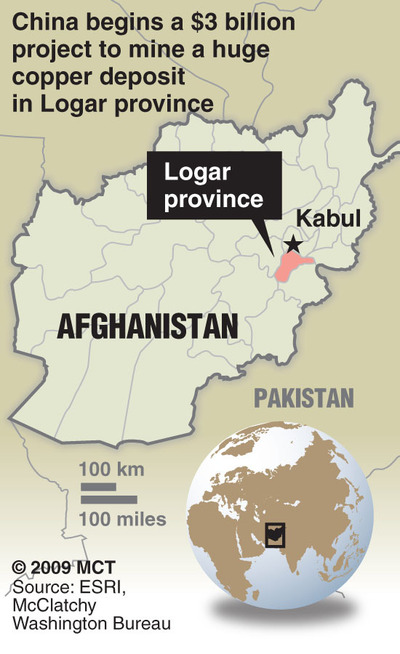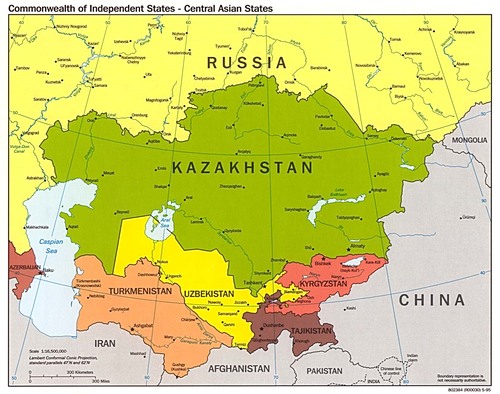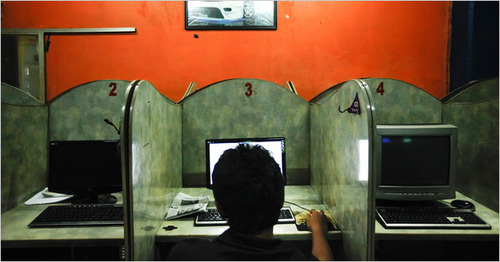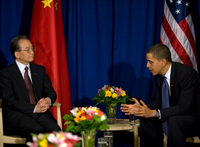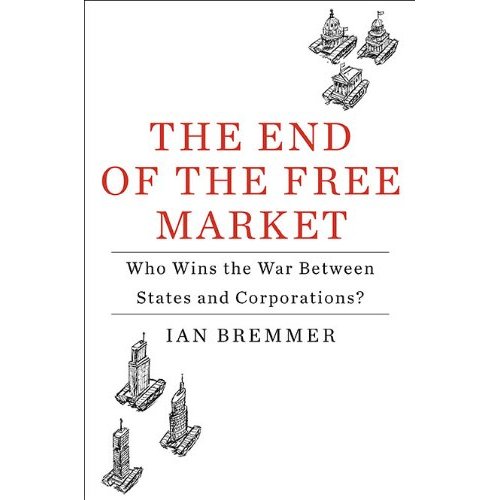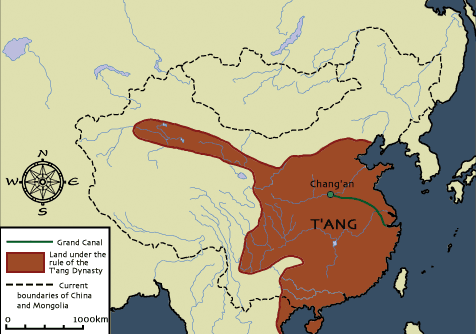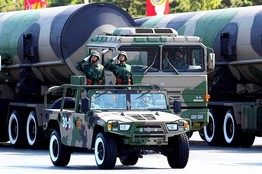
OPINION: "The Meaning of the Korengal Retreat," by Bing West, Wall Street Journal, 23 April 2010.
I first met and got to know Bing West in the early 1990s, when I was starting out at the Center for Naval Analyses and he was on the board. He was one of the first guys I interviewed for my review of naval arms control study that I described at the start of PNM ("Playing Jack Ryan").
It has been fascinating, to say the least, to watch his evolution as a writer on military affairs. I think he got bored being a wise-man "former" (assistant secretary of defense) and truly found himself in a follow-on career sense by being more on-the-spot with his analysis. Not for everybody, but Bing obviously loves it.
A lot of pieces have been written on the US decision to pull out of the Korengal Valley (dubbed the "valley of death" by Time, with the usual hyperbole of a magazine).
Bing starts out by pointing out that there's been only one US death there over the past ten months. I think the cumulative total is somewhere in the 40s, so not exactly the Battle of the Bulge.
The isolation of the place meant it was supremely hard to supply (all by helo), plus, as is often the case with such isolated spots, the locals pretty much hate any outsiders who come in, so the sense was, little gain for a lot of effort that had the sum effect of pissing off the locals.
Larger point from Bing: if we can't control the mountainous border with Pakistan, there's no hope Karzai can when we go.
So two possible futures: First is that the lowland, richer Pashtun tribes accept Afghan troops (Tajiks mostly) and resist the local insurgents still willing to fight on. If that works, then Korengal is just a weird little spot better ignored.
Second scenario: Taliban re-penetrate the areas and once again threaten the central regions and capital.
Big sign: does the main road to the provincial capital stay open or is it owned by the Taliban.
Bottom line: If Taliban can commit enough resources (presumably a function of how hard the Pakistanis crack down on them vice go back to supporting them), there's no question they can "checkmate" our COIN efforts as we draw down.
My overall sense: Pakistan does enough to crack down on all relevant local bad actors so as to facilitate our drawdown WRT a perceived stabilization of Afghanistan. Once we go, Pakistan then goes back to supporting/operating the Taliban and we're right back to 10 September 2001.
That's why I consistently say, we should choose India over Pakistan and see where that takes us instead, even if it means getting into bed with all sorts of other regional players (e.g., Russia, Turkey, Iran--but probably less so Pakistan's old friend China).
I just don't see how we win relying on Pakistan. I only see how we get out--and then let the Taliban/Al Qaeda combo sked our return on their timetable.
The decision, I believe, has already been made inside the administration. We chose Pakistan. Pakistan chooses the Taliban. Karzai knows all of this, and so he prepares.
New Delhi knows it all too, and so it prepares vis-à-vis Moscow and Tehran--as well it should.
In the end, I don't think any of us Americans will enjoy this path in retrospect, despite the obvious temptations of today. But Obama is in full wind-down mode on foreign policy--save on Iran (the truly pointless struggle) and his nuclear dreams.
In the end, the focus on the economy and healthcare may be enough to squeak him through in 2012. The breather on foreign policy was inevitable (as I wrote in GP, the lean years after the seven "fat" ones of high-tempo use), but if pursued too vigorously, Obama risks becoming an interregnum presidency like Carter's--full of moral greatness but devoid of any serious structural accomplishments.
Naturally, I always want more.
 Monday, May 3, 2010 at 11:06PM
Monday, May 3, 2010 at 11:06PM 









